 |
|
||||||
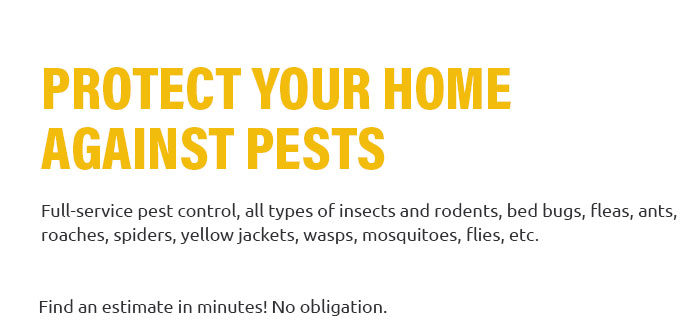 |
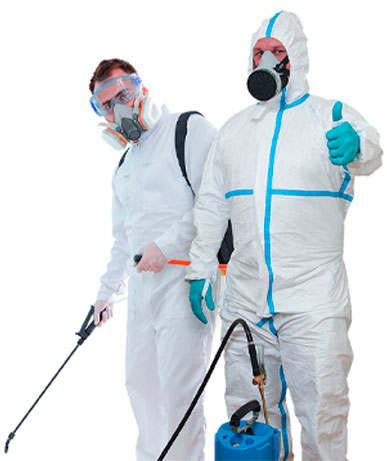 |
 |
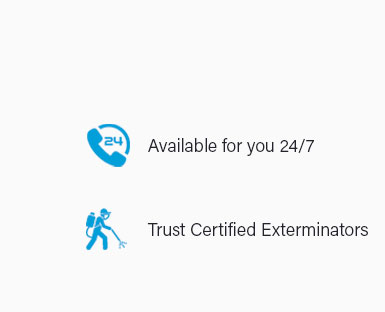 |
 |
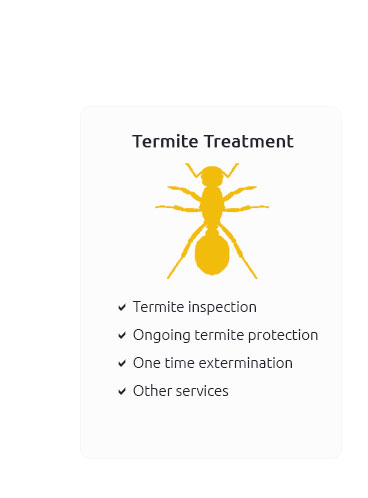 |
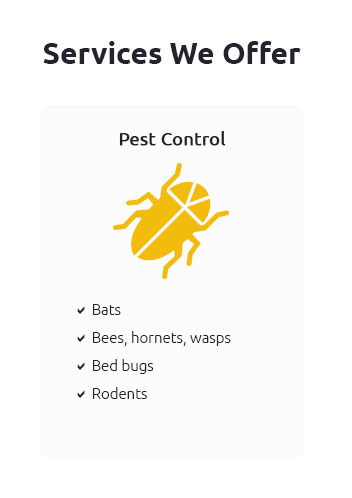 |
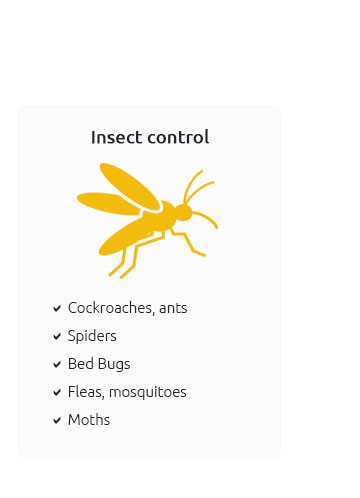 |
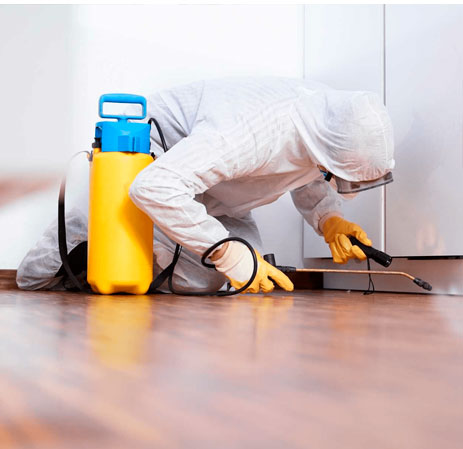 |
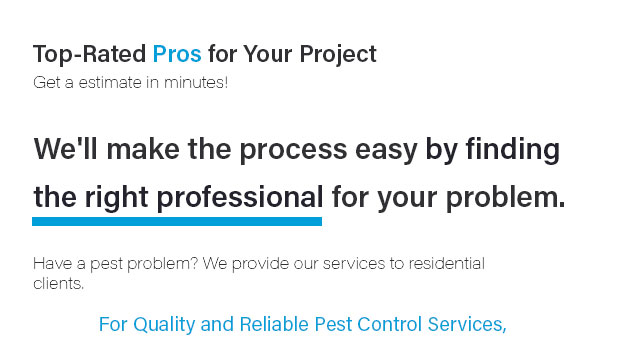 |
 |
 |
 |
|
qgs5iwfkb4o Say goodbye to unwelcome guests with our top-tier pest control service that doesn't just eliminate pests but transforms your space into an impenetrable fortress; our expert team combines cutting-edge technology with eco-friendly solutions to tackle any infestation with precision and care, ensuring your home or business remains a safe haven, free from the nuisances that disrupt your peace, because you deserve more than just pest control-you deserve a partner in protection, dedicated to safeguarding your sanctuary with unmatched expertise and relentless commitment.
https://www.orkin.com/
With more than 120 years of pest control experience, we're an industry leader in specialized protection against common pests including bed bugs, termites, ... https://en.wikipedia.org/wiki/Pest_control
In agriculture - Biological pest control is a method of controlling pests such as insects - Mechanical pest control - Crop rotation - A - Pesticides ... https://www.terminix.com/pest-control/
For expert pest control services for your home, turn to Terminix. No matter the type of pest or time of year, our technicians are trained to ...
|



